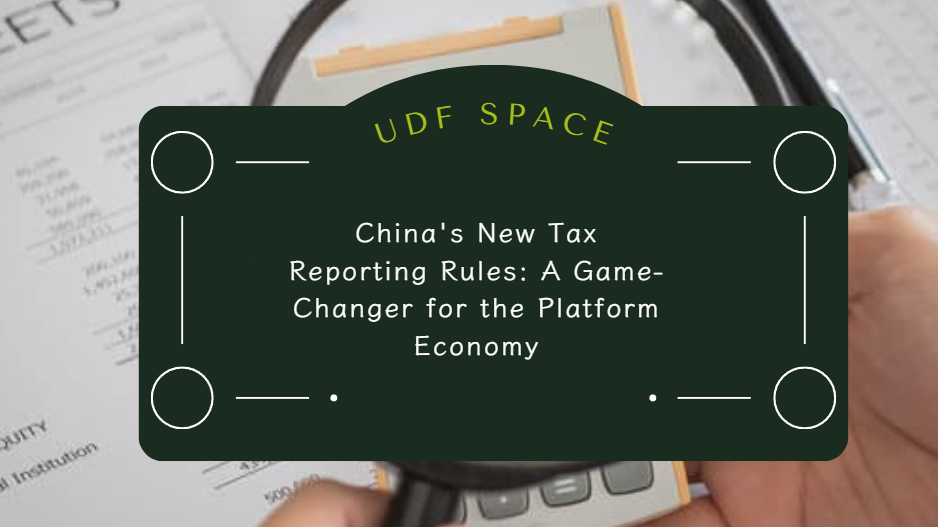New Legal Protections Signal a Brighter Future for China's Private Sector
China is redefining tax governance in the platform economy with its proposed "Tax-Related Information Reporting Requirements for Internet Platform Companies." Open for public consultation until January 19, 2025, the draft regulation promises to tighten tax compliance while fostering fairness and transparency in a sector critical to the nation's economic growth.
////
China's First Law for Private Sector Growth
ONE

China is poised to establish its first comprehensive legal framework dedicated to private-sector development, marking a critical moment for the nation's economic evolution. The draft Private Sector Promotion Law, under review by the Standing Committee of the National People’s Congress, positions private enterprises as a cornerstone of the socialist market economy and a driving force behind modernization and high-quality growth.
This law doesn't just codify decades of economic reform; it sets new precedents:
-
For the first time, the private sector's role as a "backbone of Chinese modernization" is enshrined in law.
-
Core principles, such as the "Two Unswervings," ensure private firms enjoy equal footing with state-owned enterprises.
-
Provisions encourage private enterprises to lead critical innovation projects and strengthen intellectual property protections.
Such legal guarantees aren't mere gestures. They're vital for fostering confidence in a sector that accounts for 92.3% of businesses nationwide, employs millions, and has become a major engine of innovation, holding 75% of all valid invention patents among domestic enterprises.
////
A Path to Fair Play
TWO
Alongside this landmark legislation, China is updating its Anti-Unfair Competition Law to address challenges in an increasingly digital economy. Key revisions focus on curbing malpractice such as data manipulation, algorithmic bias, and platform-driven unfair practices.
These updates introduce rigorous measures:
-
Holding individuals accountable for misconduct, ensuring penalties go beyond corporate entities.
-
Enhancing protections for SMEs, shielding them from abuses by dominant players.
-
Strengthening oversight of bribery, with a new focus on both givers and receivers.
This refreshed legal arsenal reflects a balance of market vitality and regulatory oversight, ensuring a fairer and more transparent economic environment.
////
Confidence in the Future
THREE
The legislative efforts have been met with enthusiasm across sectors. “Legal certainty provides the best foundation for business confidence,” said Xu Guangjian, professor at Renmin University.
Entrepreneurs like Wang Luohai, General Manager of Anhui Kaimo Mould Equipment Co., agree, emphasizing the reassurance these reforms bring to private businesses aiming for long-term growth.
By weaving innovation, competition, and legal safeguards into its economic framework, China is setting the stage for a more dynamic and equitable market landscape—one where businesses of all sizes can thrive.






















































First, please LoginComment After ~